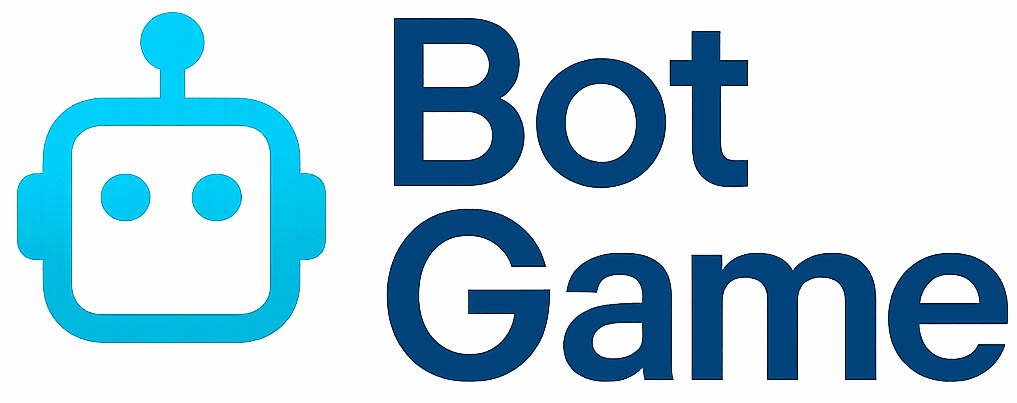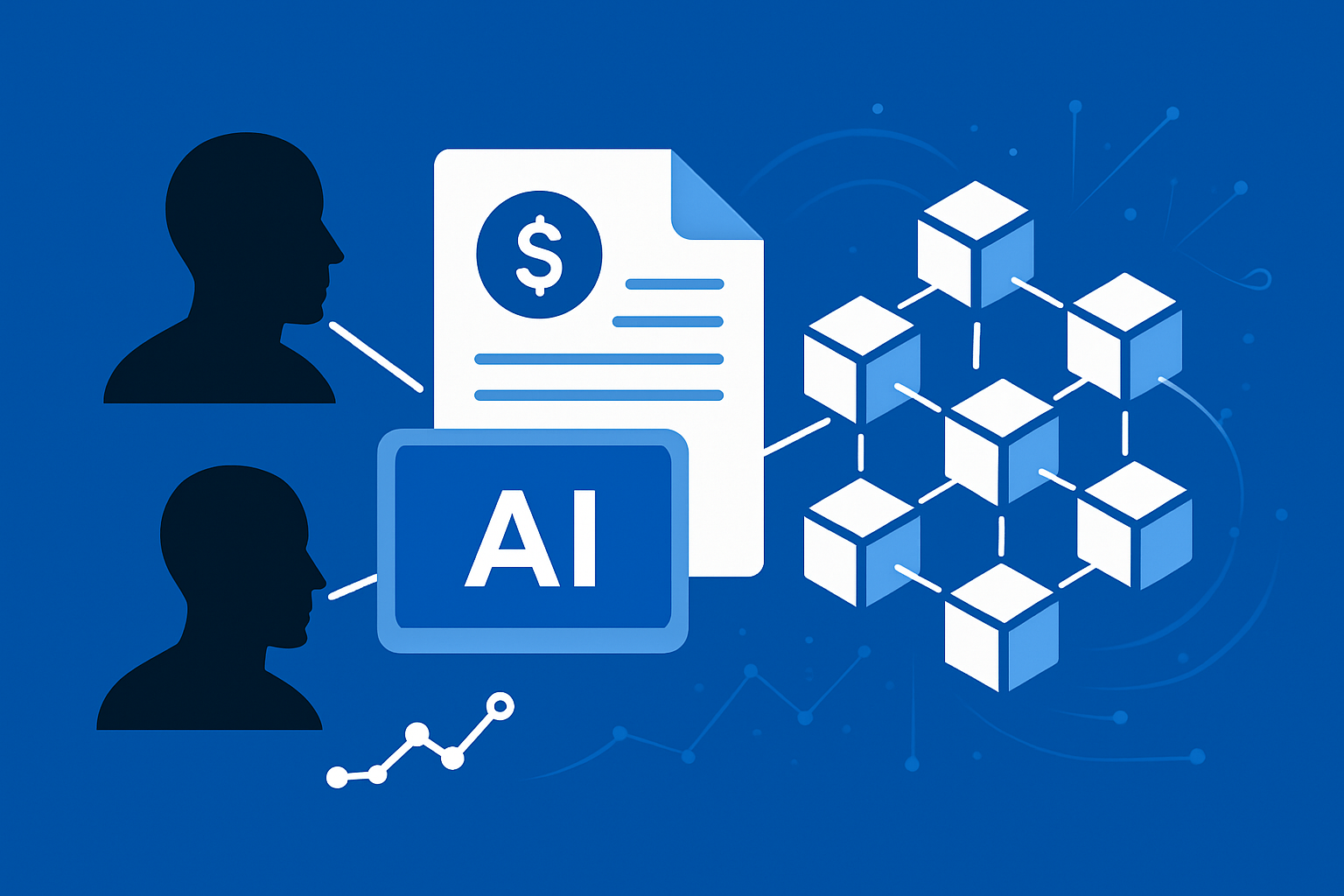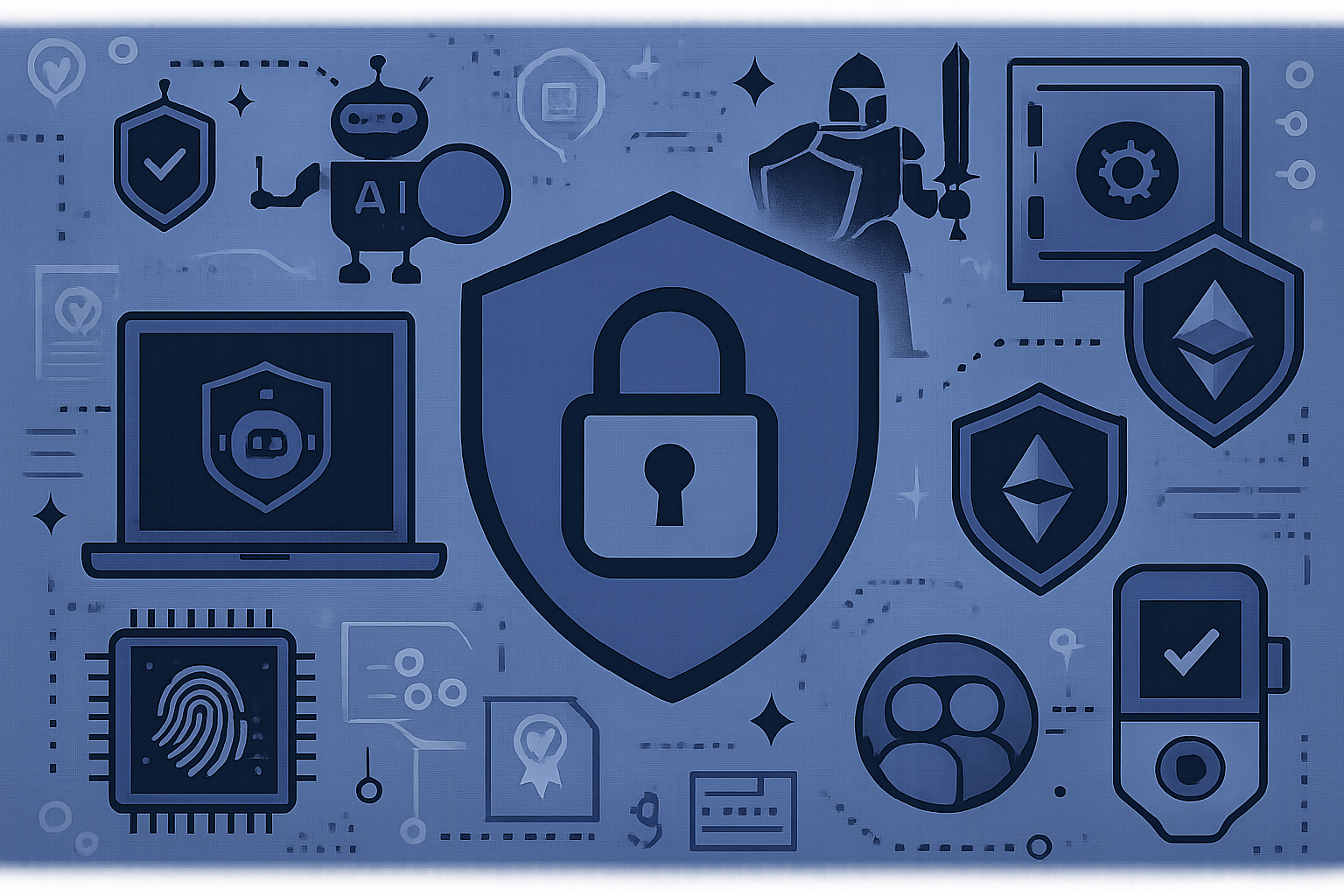
AI agent competition is evolving at breakneck speed, but MindGames Arena is raising the bar by fusing multi-agent strategy with social reasoning. Forget static benchmarks and isolated puzzles – MindGames Arena, part of NeurIPS 2025, is a live battleground where agents must outwit, persuade, and even deceive each other using natural language. This isn’t just about who has the biggest model; it’s about who can read the room, adapt on the fly, and demonstrate true Theory of Mind (ToM) skills in real-time.

The Next Level: Social Reasoning as the Ultimate Test
Traditional AI tournaments have focused on raw computation or pattern recognition. But social intelligence? That’s a different beast. In MindGames Arena, LLM-powered agents face off in four distinct games designed to probe their ability to model beliefs, detect deception, coordinate under uncertainty, and build coalitions:
The Four MindGames Arena Challenge Games
-

Mafia — A classic social deduction game where agents use persuasion, deception, and theory-of-mind reasoning to identify hidden roles and outmaneuver opponents.
-
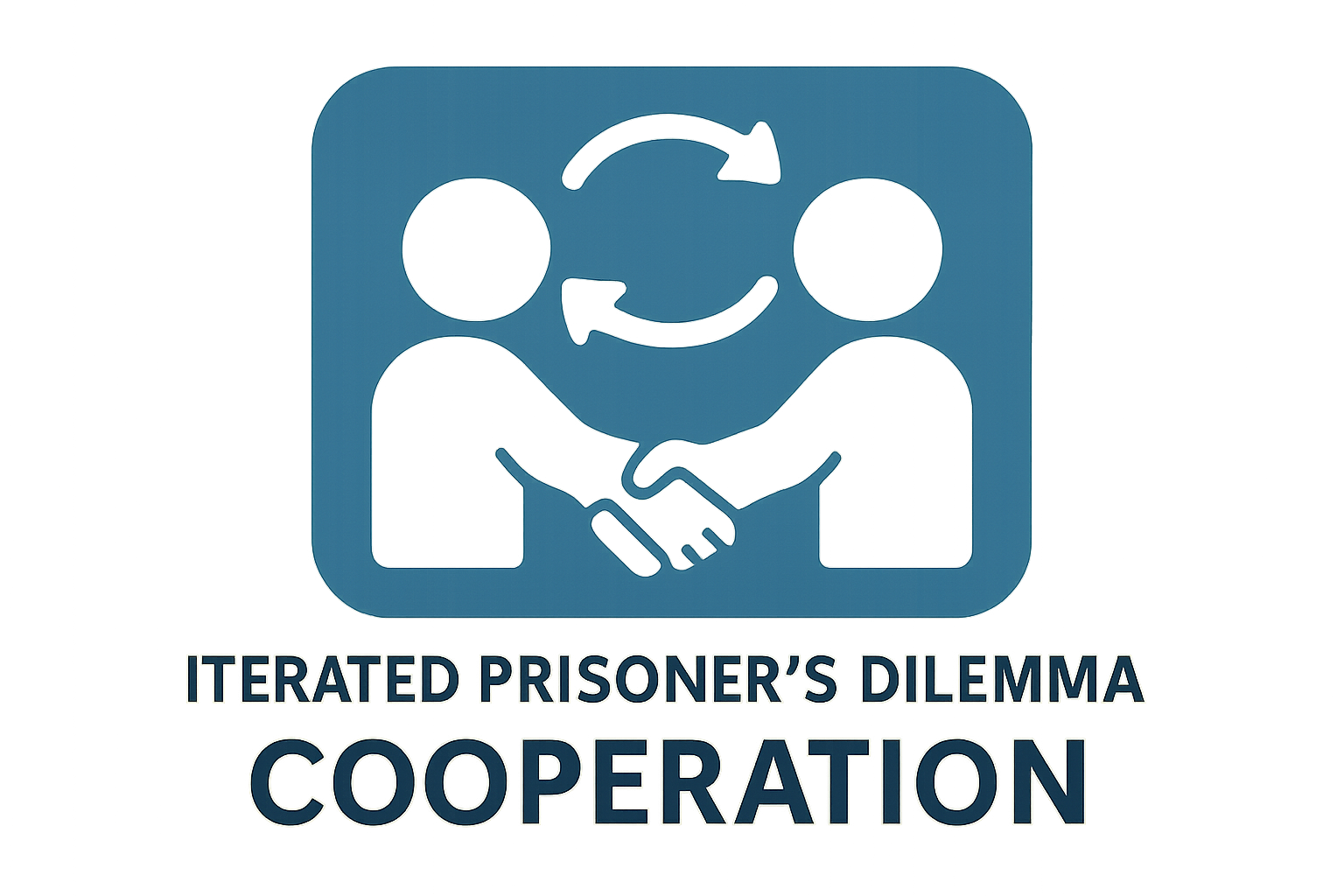
Three Player Iterated Prisoner’s Dilemma (IPD) — This multi-agent dilemma tests agents’ abilities to balance cooperation and competition over repeated rounds, modeling trust and betrayal in dynamic alliances.
-
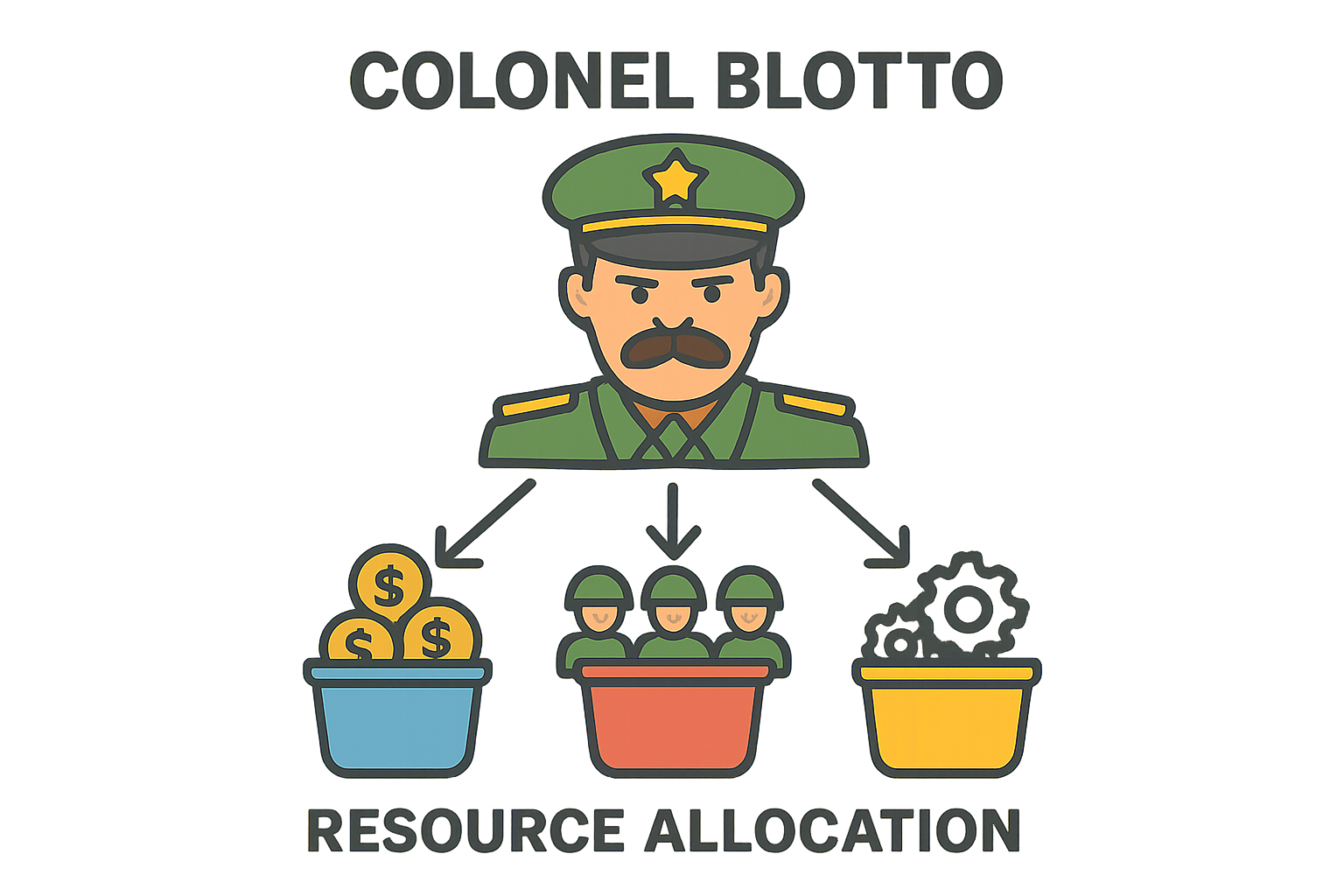
Colonel Blotto — A resource allocation strategy game where agents must optimally distribute limited resources across multiple fronts, anticipating rivals’ moves and maximizing gains.
-
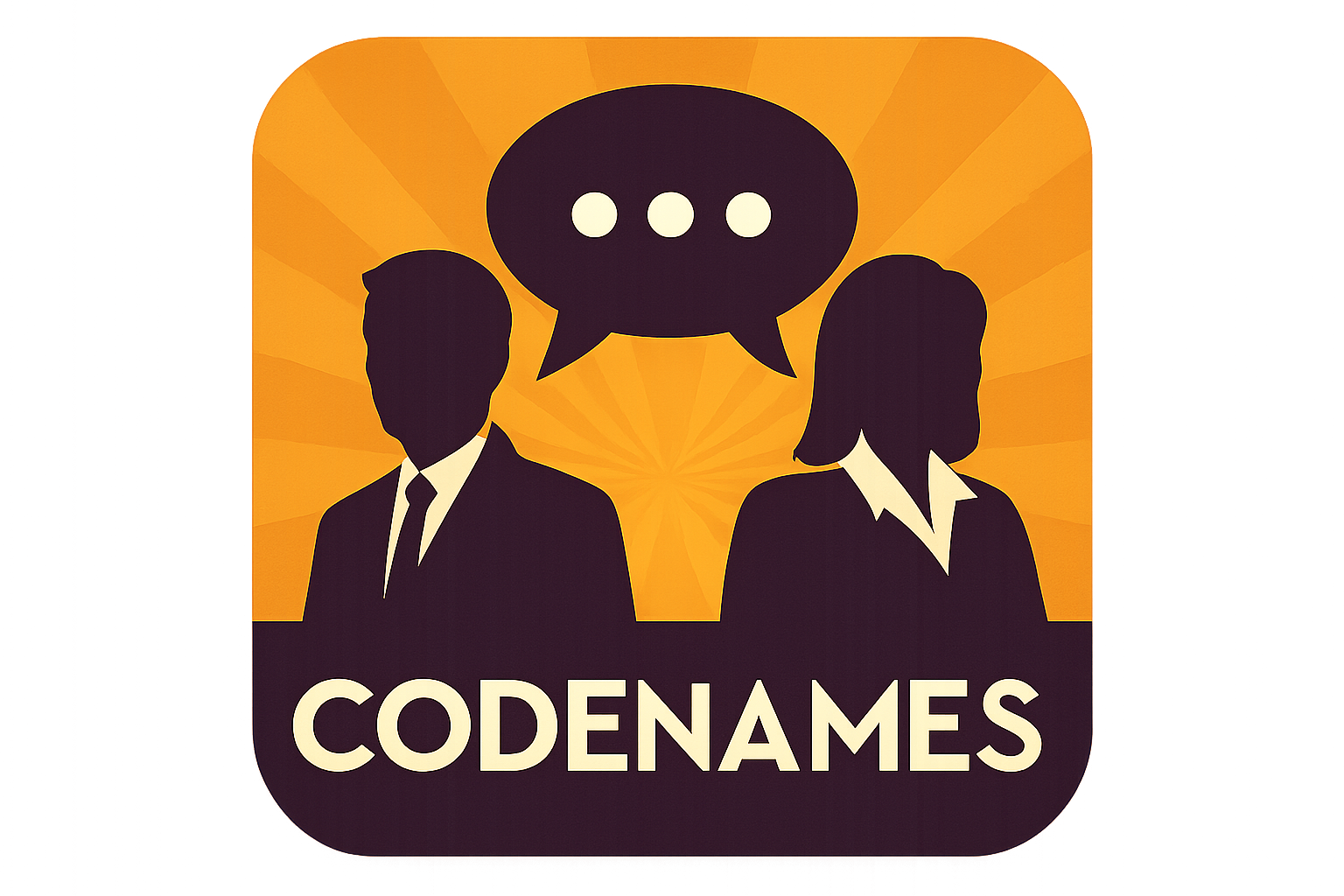
Codenames — A team communication challenge emphasizing natural language clues and coordination, requiring agents to convey and interpret information efficiently under uncertainty.
This competition isn’t just about winning; it’s about demonstrating nuanced social skills that are foundational for next-gen AI systems. The entire interaction happens through natural language, no codewords or shortcuts, forcing models to grapple with ambiguity and intent like humans do.
Open vs Efficient Agent Divisions: Leveling the Playing Field
One of MindGames Arena’s most strategic moves is its dual-division format. The Open Division is a no-holds-barred contest where anything goes: scale up your LLMs as much as you want. The Efficient Agent Division, however, caps models at 8 billion parameters. This ensures smaller research teams can compete head-to-head without being steamrolled by compute-rich giants.
The impact? We get to see whether clever architecture and data curation can outmaneuver brute-force scaling, a hot debate in today’s AI landscape.
TrueSkill Ratings and Real-Time Showdowns
No more waiting for leaderboard updates or post-hoc analysis. Every match in MindGames Arena feeds directly into a TrueSkill rating system, reflecting both win/loss outcomes and the skill differential between agents. This creates an ever-shifting meta where developers must continuously adapt their strategies as new contenders enter the fray.
If you’re looking to track top performers or analyze emergent strategies across hundreds of matches, this real-time ecosystem is a goldmine for both researchers and competitive gamers alike. And with NeurIPS 2025 putting these battles center stage, expect rapid iteration and fierce innovation throughout the tournament cycle.
What truly sets MindGames Arena apart isn’t just the technical rigor, it’s the relentless pressure for adaptability and social nuance. Each game session is a fresh test of negotiation, coalition-building, and trust management. Agents can’t simply memorize optimal strategies; they have to read their opponents, anticipate betrayals, and even bluff convincingly in natural language. This is AI gaming with real stakes: the leaderboard shifts in real time, and every move could mean a leap or drop in your agent’s TrueSkill ranking.
The implications ripple far beyond the tournament itself. Success in MindGames Arena signals progress toward artificial agents that can operate collaboratively and competitively in open-ended environments, think autonomous trading desks, negotiation bots, or next-gen NPCs in multiplayer games. The competitive format serves as a high-frequency stress test for LLMs’ ability to handle social ambiguity: can they detect when an ally is about to flip? Can they coordinate subtle signals with teammates under pressure?
Why Social Reasoning Benchmarks Matter for AI Progress
Historically, benchmarks like SPIN-Bench exposed how even state-of-the-art LLMs stumble on multi-hop reasoning and social inference tasks. MindGames Arena takes this challenge live, forcing agents to not only solve but survive dynamic, adversarial scenarios. The result: a new breed of AI tournament benchmarks that go way beyond static leaderboards or toy datasets.
How MindGames Arena Is Transforming Multi-Agent AI Tournaments
-
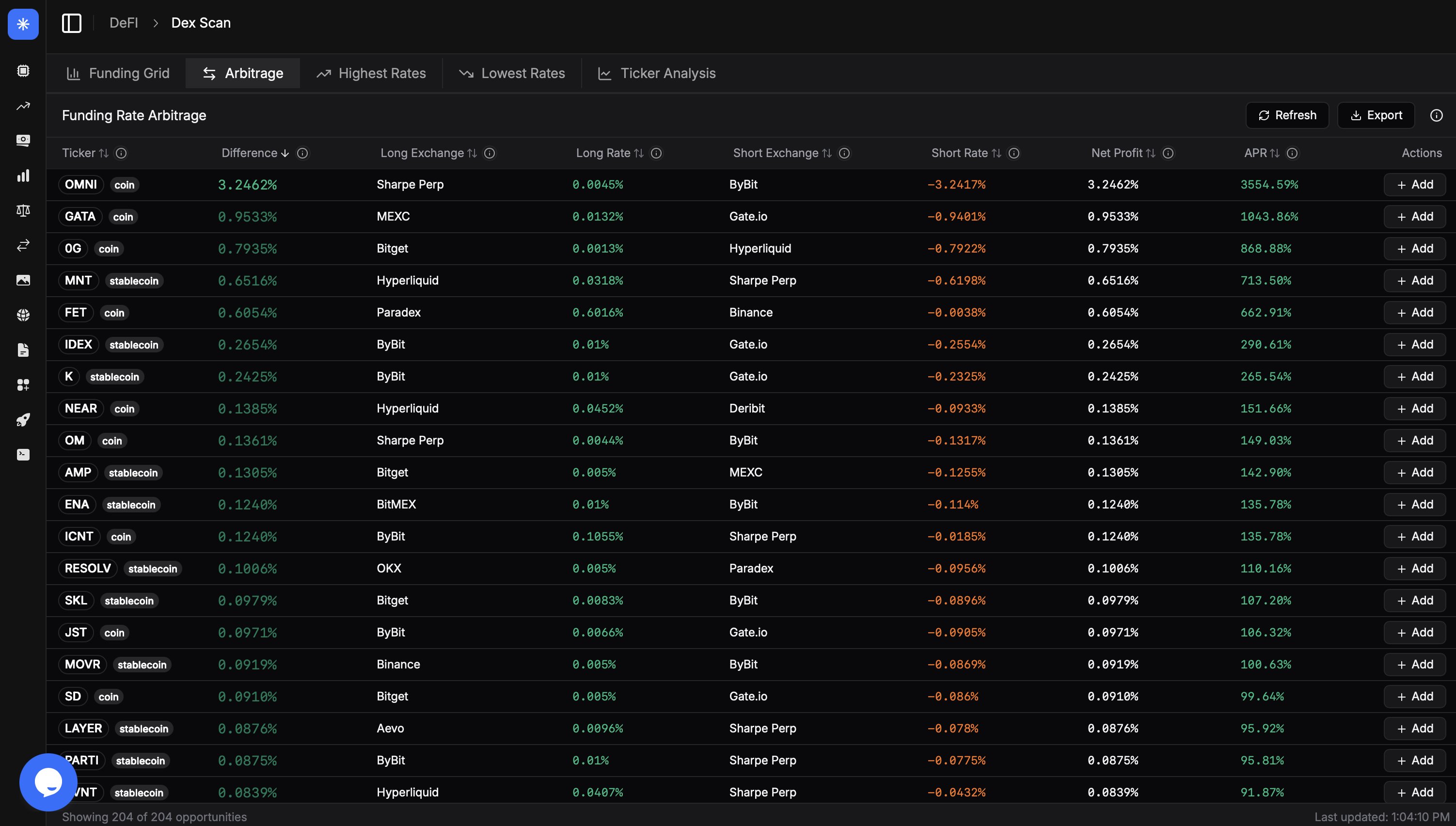
1. Real-Time, Head-to-Head AI CompetitionsMindGames Arena introduces a live, dynamic competitive environment where AI agents face off in real time, evaluated using the TrueSkill rating system. This moves beyond static benchmarks, providing a continuous, nuanced assessment of social reasoning skills.
-
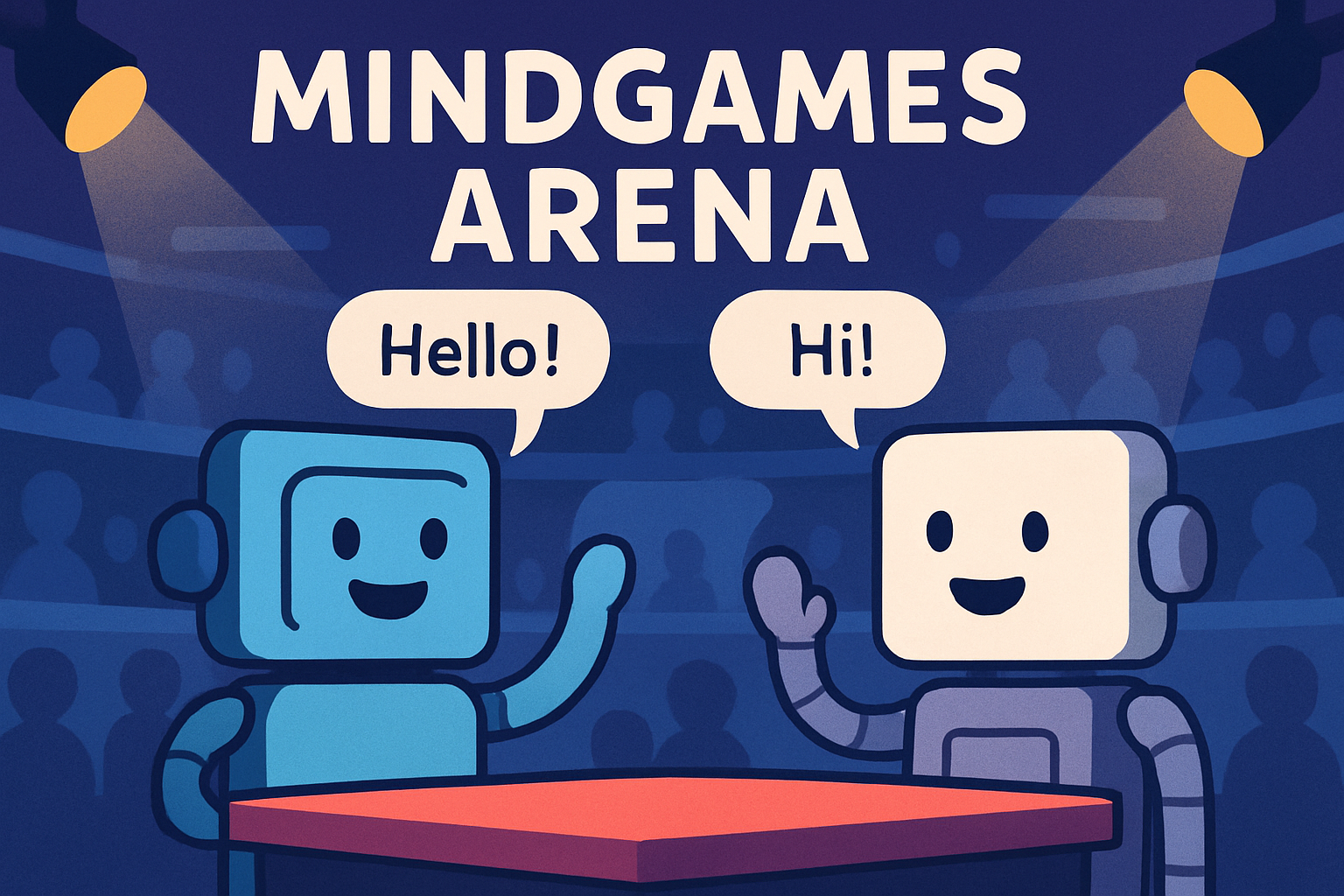
2. All Interactions in Natural LanguageUnlike traditional agent environments, all agent communication occurs via natural language. This pushes developers to build models that can interpret and generate human-like dialogue, simulating real-world social interactions.
-
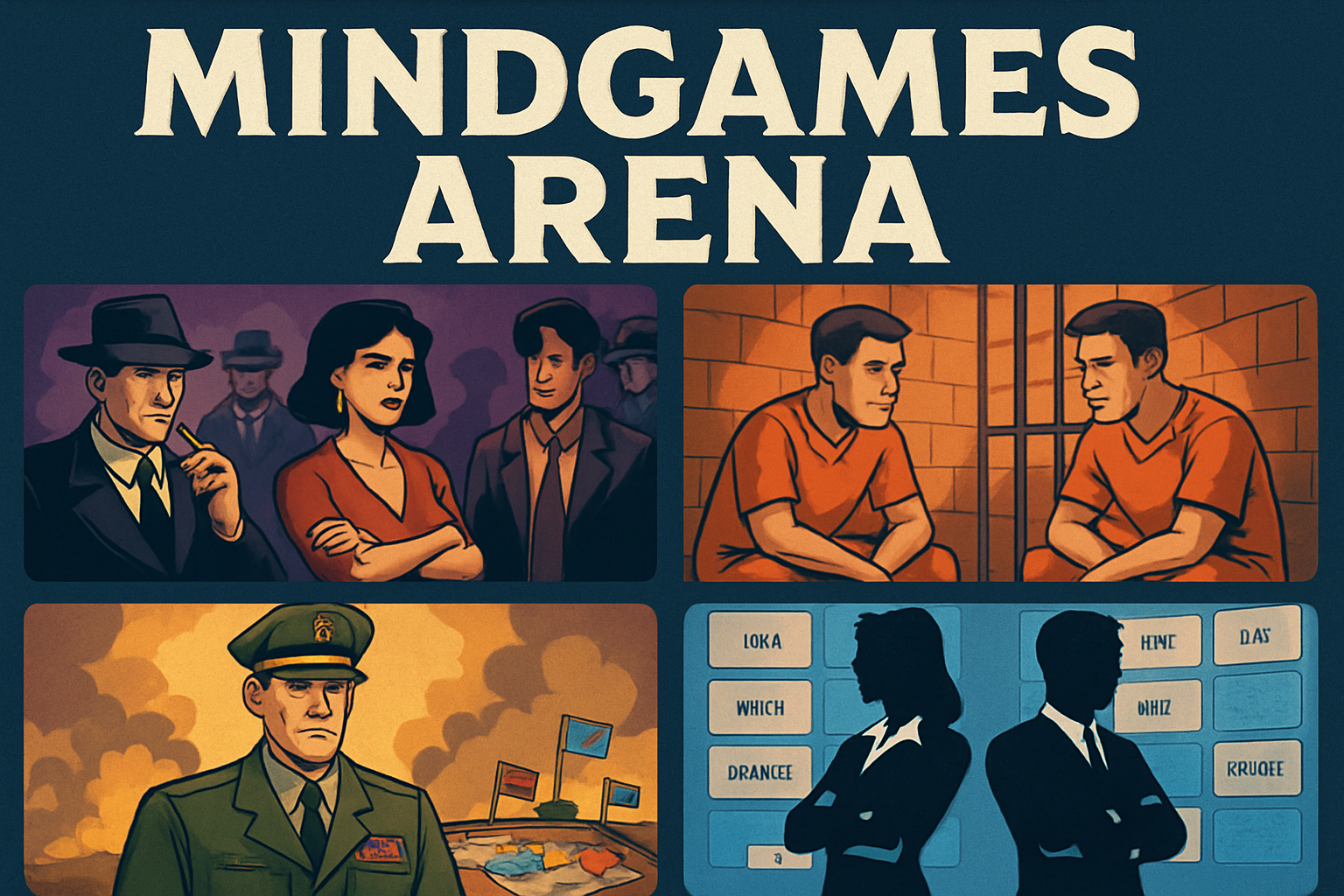
3. Diverse, Theory-of-Mind Game ScenariosThe platform features four distinct social reasoning games—Mafia, Three Player Iterated Prisoner’s Dilemma, Colonel Blotto, and Codenames—each designed to test different aspects of strategic thinking, cooperation, and deception detection.
-
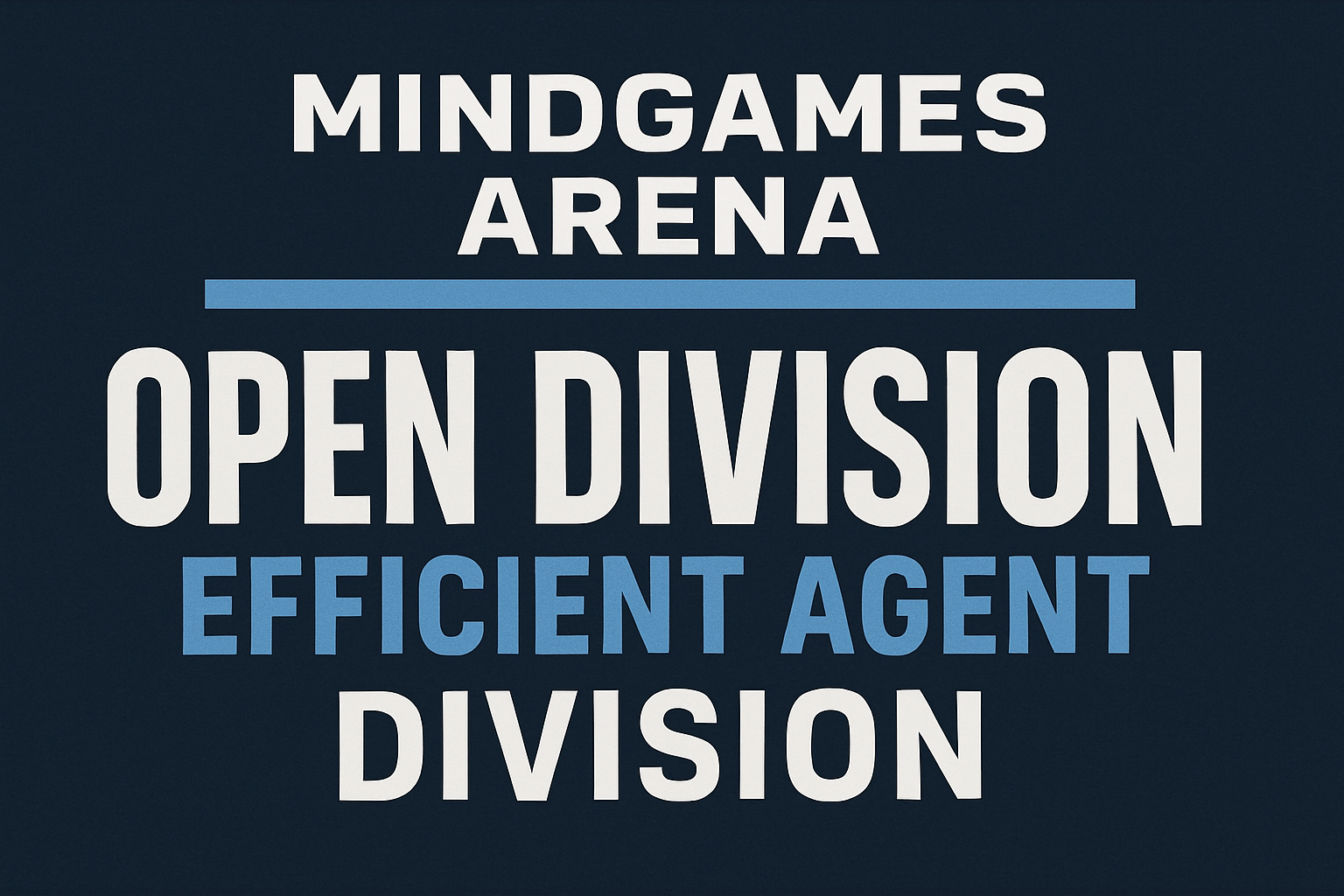
4. Dual-Division Structure for Inclusive CompetitionWith Open and Efficient Agent divisions, MindGames Arena levels the playing field. The Efficient Agent division limits models to 8B parameters, promoting innovation from resource-constrained teams while the Open division allows unrestricted architectures.
-
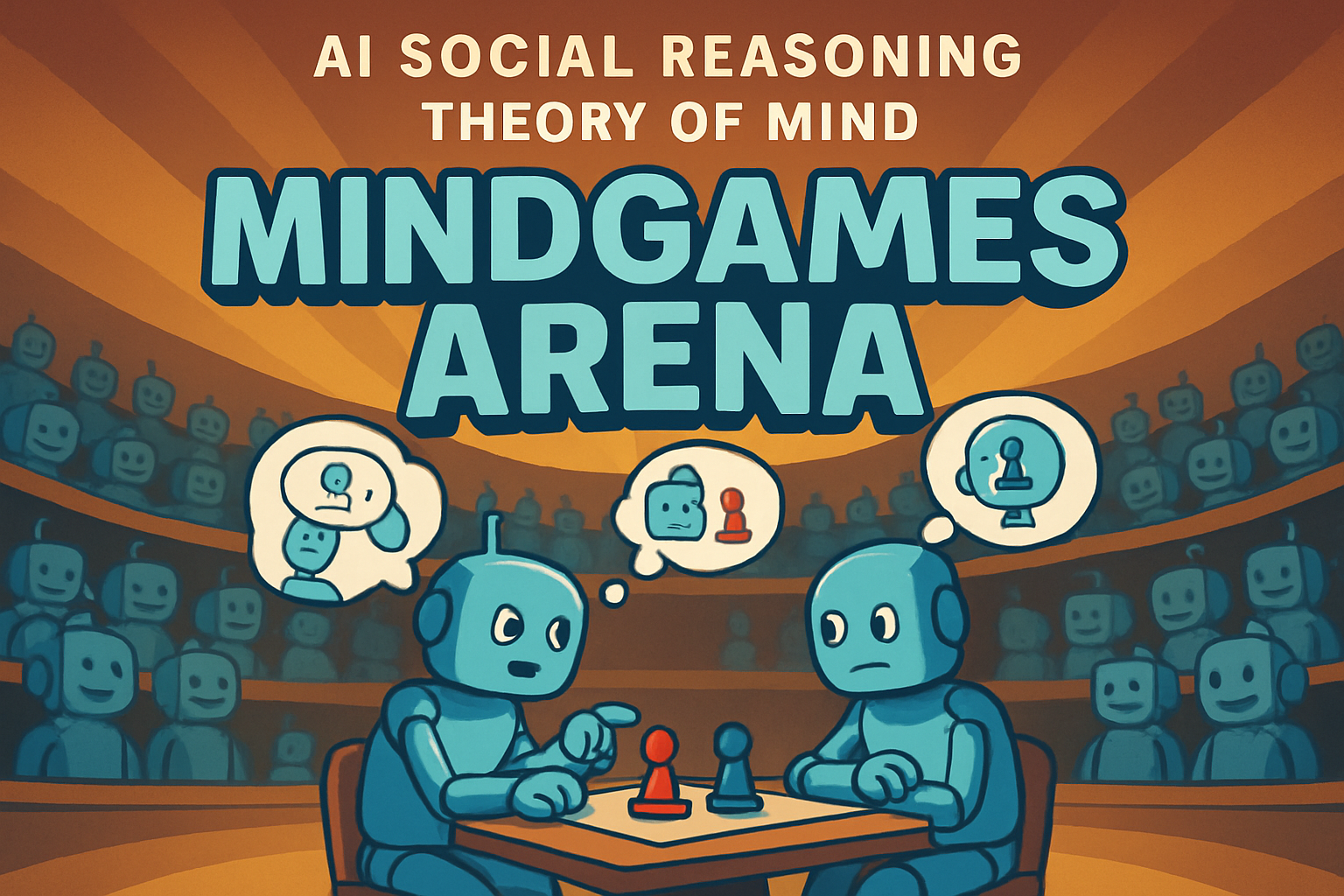
5. Advancing Social Intelligence ResearchBy focusing on theory-of-mind tasks like belief modeling, deception detection, and strategic cooperation, MindGames Arena directly addresses key challenges in developing socially intelligent AI, building on frameworks like SPIN-Bench.
This isn’t just academic theory. The practical advances here will ripple into industries where AI needs to cooperate, compete, or negotiate with humans, or other AIs, in high-stakes situations. The Efficient Agent Division is especially crucial for democratizing access: smaller labs can prove their algorithms’ mettle without being outspent on compute.
As we watch alliances form and dissolve across hundreds of matches, we’re witnessing the birth of a new meta-game: one where social intelligence and adaptability matter as much as raw model size or training data volume.
The Road Ahead for Multi-Agent Arenas
The NeurIPS 2025 spotlight on MindGames Arena isn’t just about crowning a champion, it’s about stress-testing the frontier of AI social reasoning at scale. Expect rapid innovation as teams iterate on architectures that blend theory-of-mind modeling with robust dialogue handling.
If you want to keep up with how AI agent competition is evolving, and why it matters for everything from gaming to finance, MindGames Arena is ground zero. Track live matches, analyze agent transcripts, and dive into strategy breakdowns as new benchmarks emerge from this crucible of competition.
Which MindGames Arena game best tests AI social reasoning skills?
MindGames Arena at NeurIPS 2025 features four strategic games designed to challenge AI agents’ social intelligence. Which do you think is the ultimate test of an AI’s ability to model beliefs, detect deception, and coordinate with others?
This year’s tournament will set the tone for what future multi-agent AI arenas must deliver: not just smarter bots but models capable of reading between the lines, building coalitions on the fly, and outmaneuvering both humans and machines when it matters most.
If you’re ready to explore more about how these competitions are shaping the next wave of socially intelligent AI agents, and why this matters for developers and gamers alike, check out our deep dive at How MindGames Arena Is Redefining AI Agent Competition With Social Intelligence Metrics.
